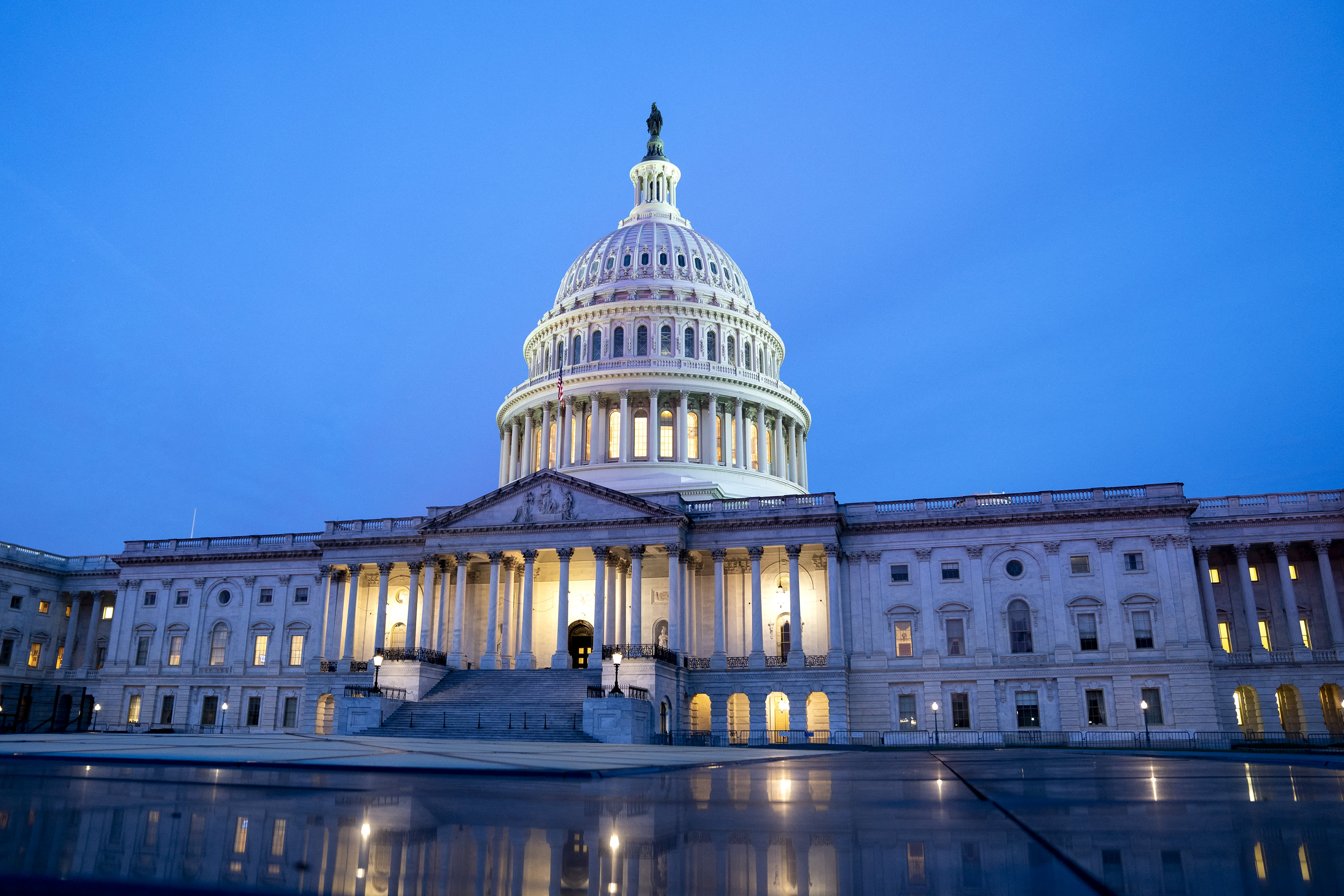
The U.S. Capitol at sunrise in Washington, D.C., U.S., on Friday, Nov. 6, 2020.
Stefani Reynolds | Bloomberg | Getty Images
Millions of Americans are waiting for more financial help from the federal government.
Following President-elect Joe Biden’s win, it now looks more probable that another coronavirus relief package may not come until January.
That’s even as Senate Majority Leader Mitch McConnell, R-Ky., has vowed to make another deal a priority in the chamber now.
“We continue to think that a stimulus plan is more likely to pass in January 2021 than before year-end 2020,” Stifel Chief Washington Policy Strategist Brian Gardner said in an analyst note published on Monday.
More from Personal Finance:
That text you got about a second stimulus check is a scam
Why Covid-19 has devastated people who lived paycheck to paycheck
Three things to keep in mind to handle market volatility
For months leading up to the election, House Speaker Nancy Pelosi, D-Calif., and Treasury Secretary Steven Mnuchin failed to come to an agreement on the next coronavirus stimulus package.
The two officials were at odds over the total amount of aid to provide, as well as which specific areas it should go.
The looming election was another factor in the reason for the impasse.
Now, a similar situation could prevent politicians from reaching a bipartisan compromise before the end of the year, Gardner said.
Georgia now faces two runoff elections for Senate seats. The results of those January contests could determine which party controls the chamber.
“We think McConnell wants the two Republican candidates in the Georgia run-off elections to be able to campaign on support for a Covid relief package,” Gardner wrote. “He might accept a bigger deal, but we are skeptical that House Speaker Nancy Pelosi will give in on her demands, especially if it might help the GOP candidates in Georgia.”
The coming elections will likely push another coronavirus stimulus deal into January, Gardner said, even though negotiations will continue now.
While the next coronavirus stimulus deal could be in the $1 trillion to $2 trillion range, today’s news of a potential vaccine will likely push that aid to the lower end of that range, he said.




